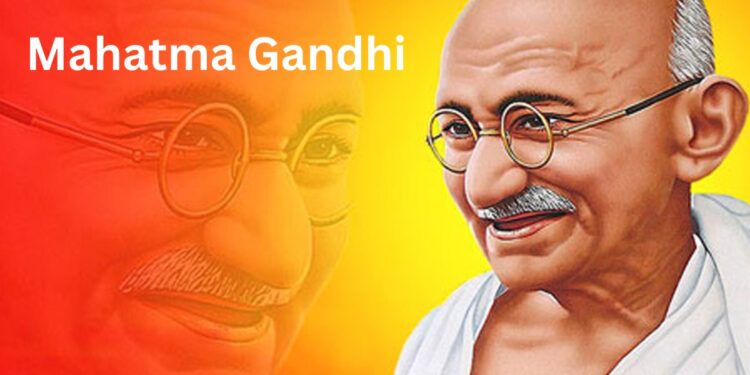Mahatma Gandhi, born Mohandas Karamchand Gandhi on October 2, 1869, in Porbandar, India, is revered as the Father of the Nation for his pivotal role in India’s struggle for independence from British rule. With a philosophy centered on nonviolence and civil disobedience, Gandhi became a symbol of peace, truth, and resilience.
Gandhi’s early life was marked by a simple upbringing and exposure to the principles of truth and nonviolence. His journey as a leader of India’s independence movement began in South Africa, where he championed the rights of Indians facing discrimination. It was during this time that he developed the concept of Satyagraha, a form of nonviolent resistance that would become the cornerstone of his philosophy.
Returning to India in 1915, Gandhi emerged as a charismatic leader, advocating for the rights of the marginalized and oppressed. He led various campaigns, including the nonviolent protests against the British-imposed salt tax (Salt March) and the textile workers’ strike in Ahmedabad. Gandhi’s commitment to nonviolence was evident in his emphasis on the moral high ground, urging his followers to confront injustice without resorting to aggression.
The spinning wheel, a simple yet powerful symbol of self-reliance and economic independence, became an integral part of Gandhi’s movement. He encouraged Indians to weave their own cloth as a means of defiance against British-imposed economic policies. The spinning wheel not only represented economic self-sufficiency but also the rejection of materialism and the promotion of self-discipline.
Gandhi’s philosophy found resonance not only in India but also across the world. Figures like Martin Luther King Jr. and Nelson Mandela drew inspiration from his principles of nonviolent resistance in their own struggles against oppression. Gandhi’s teachings transcended borders, influencing movements for civil rights, freedom, and justice globally.
His commitment to religious harmony and tolerance was another hallmark of Gandhi’s leadership. He believed in the essential unity of all religions and envisioned a secular India where people of different faiths could coexist peacefully. His approach to resolving conflicts emphasized dialogue, empathy, and understanding.
Tragically, Gandhi’s life was cut short when he was assassinated on January 30, 1948, by a Hindu nationalist who disagreed with his views on religious tolerance and his advocacy for the rights of minorities.
Mahatma Gandhi’s legacy endures as a beacon of hope for those fighting against injustice and oppression. His principles of truth, nonviolence, and self-reliance continue to inspire movements for peace and equality worldwide. As we reflect on his life, we are reminded of the enduring power of a single individual to bring about transformative change through peaceful means.




Recent Comments